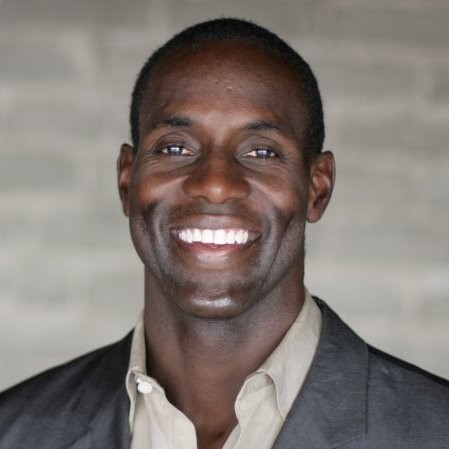Tim Wu's Email & Phone Number
American legal scholar
Tim Wu's Email Addresses
Find personal and work emails for over 300M professionals
Not the Tim Wu you were looking for? Continue your search below:About Tim Wu
📖 Summary
Tim Wu is an American legal scholar who has made significant contributions to the fields of internet law, telecommunications policy, and antitrust regulation. He is best known for coining the term "network neutrality" and for his advocacy on behalf of a free and open internet. Wu has also written extensively on the history of information industries and the ways in which they shape society and culture. With a background in both law and technology, he brings a unique perspective to his work and has had a lasting impact on the way we think about the intersection of law, technology, and society.
Born in 1972, Tim Wu grew up in Toronto, Canada, and attended the University of Toronto for his undergraduate degree. He then went on to Harvard Law School, where he earned his J.D. in 1998. Wu's interest in the legal and regulatory aspects of technology began early in his career, and he has since become a leading authority on the subject. He is currently a professor at Columbia Law School, where he teaches courses on internet law and telecommunications policy.
One of Wu's key contributions to the field of internet law is his concept of "network neutrality," which he first articulated in a 2003 paper. Network neutrality is the principle that internet service providers should treat all data on the internet equally, without discriminating or charging differently based on the user, content, website, platform, application, type of attached equipment, or method of communication. This means that ISPs should not be able to block or slow down certain websites or services, nor should they be able to create fast lanes for those who can afford to pay more. Wu argues that network neutrality is essential for preserving the open and democratic nature of the internet, and that without it, the internet could become dominated by a few powerful corporations, stifling competition and innovation.
Wu has been a vocal advocate for network neutrality, and his work has had a significant impact on the public debate and policy decisions surrounding the issue. His concept of network neutrality has been embraced by advocacy groups, policymakers, and tech companies alike, and has served as the basis for the Federal Communications Commission's rules on the subject. Wu's advocacy has also brought him into direct conflict with powerful broadband providers, who have lobbied against network neutrality regulations and sought to undermine his arguments.
In addition to his work on network neutrality, Wu has written extensively on the history and regulation of information industries. In his book "The Master Switch: The Rise and Fall of Information Empires," Wu explores how information industries have developed over time and the ways in which they have been shaped by government policy, technological innovation, and the strategies of dominant firms. Wu argues that information industries, such as the telephone, radio, television, and the internet, tend to follow a similar pattern of development, in which they start out open and competitive but eventually become dominated by a few powerful companies that control the infrastructure and distribution channels. This pattern, Wu argues, poses a threat to free speech, innovation, and democratic values, and he calls for greater attention to the regulation of these industries to ensure that they remain open and competitive.
Wu's work on the history of information industries has been widely praised for its insightful analysis and engaging writing style. The book has been influential in shaping the way that scholars, policymakers, and the public think about the regulation of information industries and the need to maintain open and competitive markets. It has also sparked new debates about the proper role of government in shaping the development of the internet and other information technologies.
In addition to his academic work, Wu has also been involved in public service and activism. He has served as a senior advisor to the Federal Trade Commission, where he worked on issues related to competition and consumer protection, and has been a vocal critic of the power of large tech companies and the ways in which they can stifle competition and innovation. Wu has also been involved in numerous public debates and legal battles related to internet policy, and his advocacy has helped to raise awareness of the importance of a free and open internet.
In summary, Tim Wu is a leading figure in the fields of internet law, telecommunications policy, and antitrust regulation. His work on network neutrality and the regulation of information industries has had a profound impact on the public debate and policy decisions surrounding these issues, and his advocacy has helped to raise awareness of the importance of a free and open internet. With his unique combination of legal expertise and technical knowledge, Wu continues to be a driving force in shaping the development of the internet and other information technologies, and his work will undoubtedly have a lasting impact on the way we think about the intersection of law, technology, and society.
Tim Wu's Email Addresses
People you may be
interested in
American basketball point guard
American actor
American basketball player
Singer
American TV personality
Spanish actor
American actor and filmmaker
English actor
American basketball player
American actor
American actress and singer
Football quarterback






